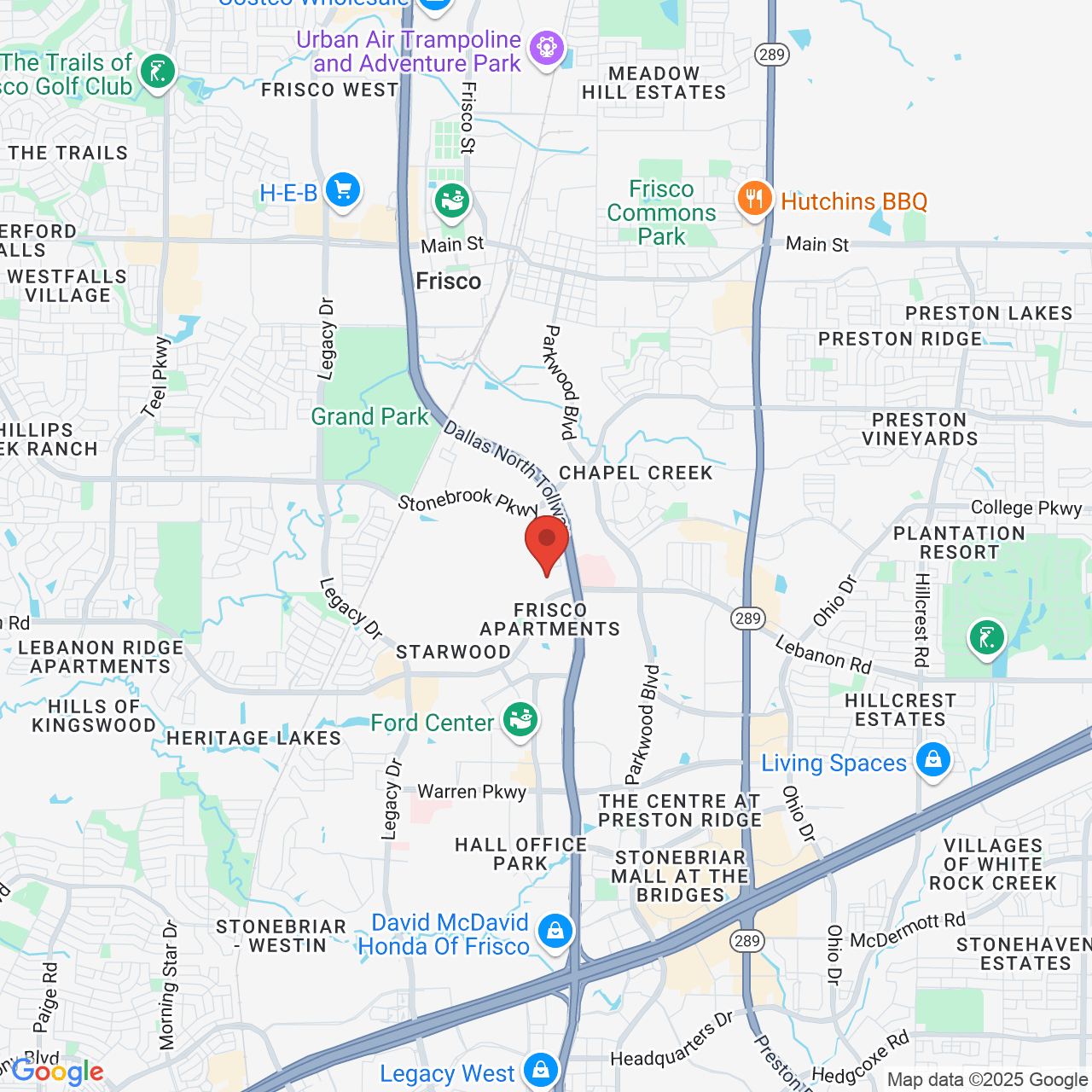Breast Augmentation Recovery Timeline
 A skilled plastic surgeon can make dramatic improvements with breast augmentation; however, patients play a pivotal role during recovery to ensure the surgeon’s work heals correctly.
A skilled plastic surgeon can make dramatic improvements with breast augmentation; however, patients play a pivotal role during recovery to ensure the surgeon’s work heals correctly.
If you will be undergoing breast augmentation, it’s helpful to understand the recovery process so you can prepare for the healing phase. Plastic surgeon Ken Smart, serving the areas of Plano, Frisco, and the surrounding Dallas communities, ensures his patients have complete information about breast augmentation recovery, which allows them to return to normal life quickly and safely.
Recovery varies depending on your own resilience and the type of augmentation surgery you have, but everyone should plan to devote sufficient time for recovery. You will need to be patient and resist the urge to jump back into daily life too quickly. Patience will make a tremendous difference in your comfort and the quality of your results.
First Few Days
Not surprisingly, the first few days after surgery are likely the most difficult and highlighted by fatigue. You should significantly limit your activities and movement after surgery. This includes bending, lifting, or any movement that strains your incisions. However, you will be advised to walk around after surgery to avoid blood clots in your legs and will be given specific instructions to follow after surgery.
It is helpful to have a friend, relative, or spouse help you during this recovery period and you should be prepared for some side effects, such as:
- Swelling
- Sensitivity
- Bruising
- Discomfort
- Tightness of the skin
You will be given compression garments to wear and pain medication can be prescribed to reduce discomfort. You will need to sleep on your back with your upper back and head elevated in the days after your surgery. Stitches are usually removed in seven to 10 days, if needed. You may experience a temporary loss of sensation in the nipples, but this usually returns to normal after your breasts heal.
First Few Weeks
Your breasts will be very sensitive for the first weeks after surgery. During this time, you should avoid physical contact with the breasts until the sensitivity subsides to reduce the chance of injury. You will likely have swelling for as long as five weeks after surgery, and may continue to see bruising.
Most patients are able to resume normal activities within one to three weeks. However, strenuous activity that raises your blood pressure or pulls at incisions should be avoided. If your work does not involve strenuous activity, you can usually return to your job in a week. People whose work includes lifting and straining should consult with their doctor about when they may resume working.
One to Three Months
By one to three months you should be able to resume all your activities, including exercising, and nearly all your side effects should be gone. Breasts typically remain swollen for up to five weeks after surgery, but by now should be more normal. Scars are usually pink and firm for about six weeks after surgery, but then should begin to fade. This can take as long as a year. Though the scars will improve, they will never completely disappear.
Recovery from breast augmentation varies from individual to individual based on the patient’s own resilience and the type of implant surgery. If you would like to find out complete details about how recovery will look for you, please call for an appointment.



